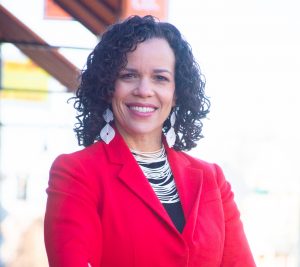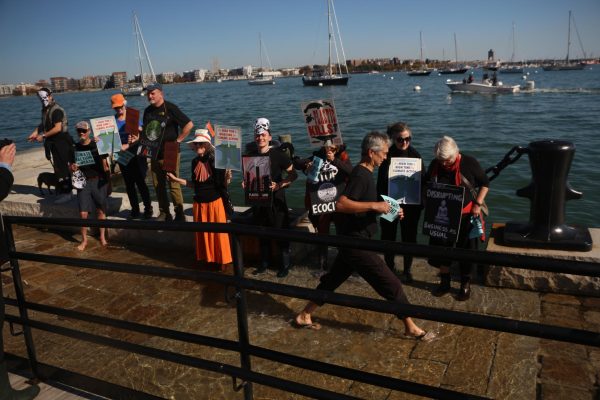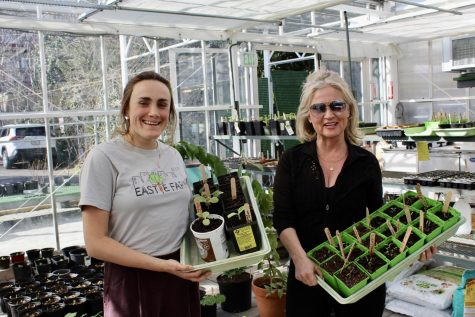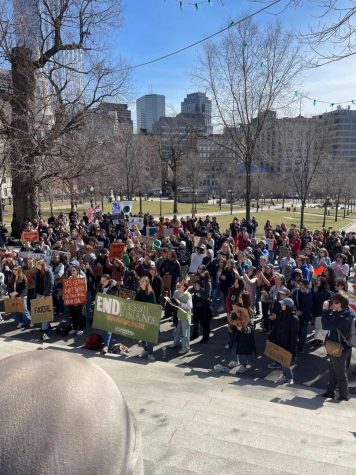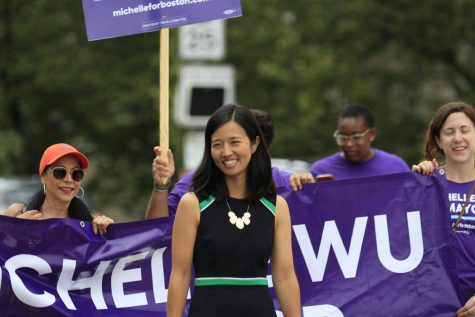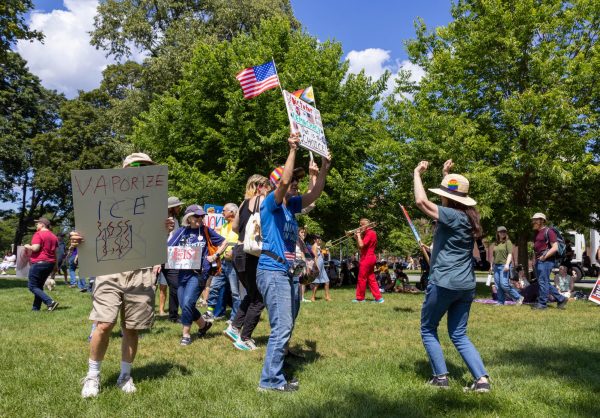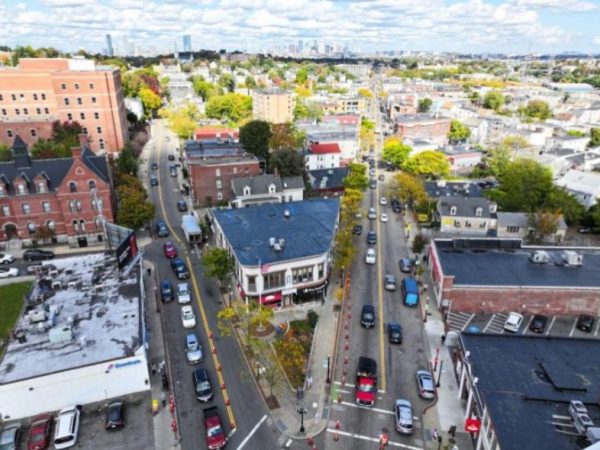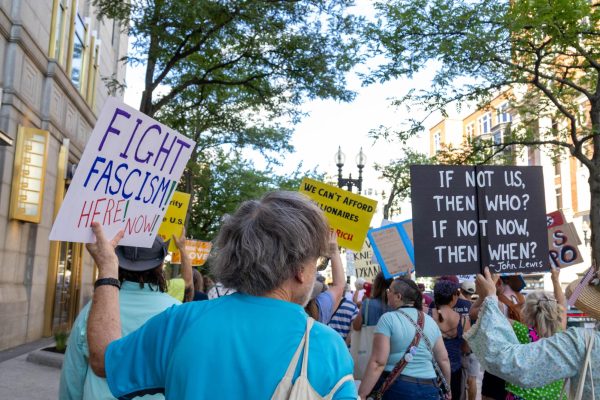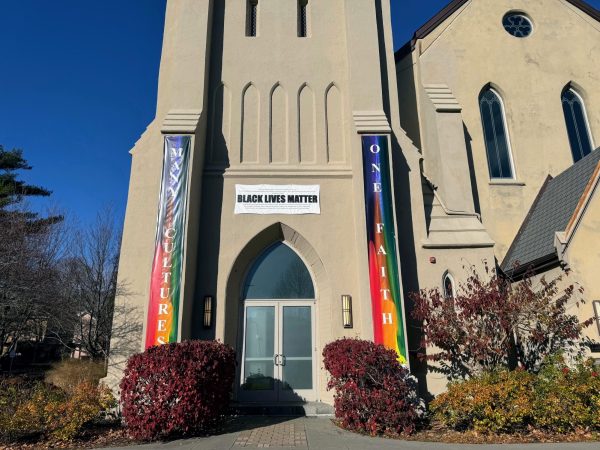Extinction Rebellion member warns that potential East Boston substation carries health and safety hazards
Susan Lemont, a resident of Arlington, Mass. and a member of the Boston chapter of Extinction Rebellion (XR Boston), began her journey with the organization three years ago, after attending one of the ongoing climate justice protests happening in her community. Through this protest, she met a member of Extinction Rebellion, who convinced her to join the group a few weeks later.
With the pandemic reducing the organization’s number of volunteers, Lemont has nevertheless been tirelessly working with the organization to combat all issues related to climate injustice, such as carbon footprints, environmental policy changes, and most recently, the Eastie substation, scheduled to be built right across Condor Street Urban Wild Park, next to the American Legion playground in East Boston.
Extinction Rebellion is an international climate and social justice organization that started in London in 2018. The Boston chapter was formed in March 2019. The Scope spoke to Lemont to learn more about the proposed substation area will vastly affect community members.
As she details in the video, the area for the proposed substation is susceptible to sea rise, including the children’s park on the shore of Chelsea Creek. The area has a sizable population, with about 60% of residents being people of color.
Due to the proximity to the water body, Logan Airport fuel reserves and road salt deposits, the area around the proposed substation is viewed as hazardous and could have detrimental health and safety effects on the surrounding community. With sea rise and air pollution already burdening the residents of this part of East Boston, the substation will be a significant threat to life and property here.
This video is a part of a climate justice series produced in Jody Santos’ course “Video News Reporting and Producing” at Northeastern University. Over the course of the semester, students will be producing news packages addressing climate and transit justice within Greater Boston.






